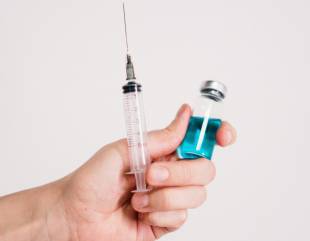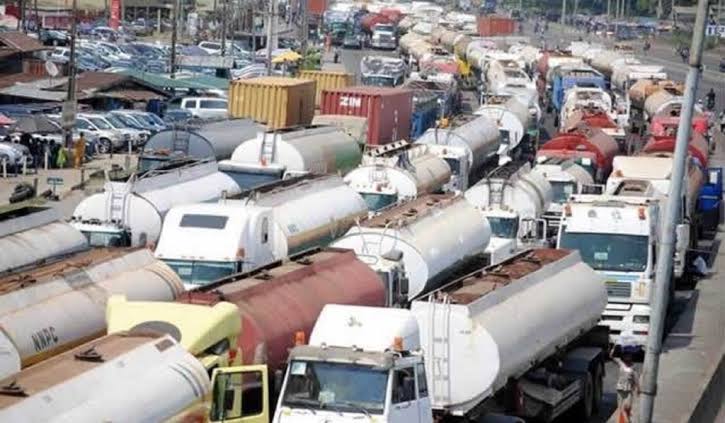President Vladimir Putin has announced that Russia has officially registered the world’s first vaccine for the corona virus. The Russian President also publicly endorsed the usage of the vaccine stating that it had “passed all necessary steps”. He also noted that his daughter had used it.
Similarly, the Russian Minister of Health, Mikhail Murasko, added that the COVID-19 vaccine showed “high efficacy and safety” and that there were no side effects.
In Russia, registration of a drug is of paramount importance to verify its safety, among others. However, because it had yet to undergo all the tests necessary, it is not available to the public until January the First, 2021. Here’s everything you need to know:
Vaccines and Processes.
“Vaccines are among the safest medical products in the world—but only because of the intense rigor of the clinical trials that test their safety and effectiveness.”
Professionally, creating a vaccine capable of use by billions of people takes about four to five years. Researchers first have to determine the major cause of the body’s immunity to the virus and subsequently integrate that into the vaccine.
Following that, researchers test the vaccine on animals to test its effectiveness. Afterwards, they test it on human volunteers—in different stages. If the vaccine should gain approval from the FDA (or similar medicine agencies), then can it be used for mass production.
However, it would seem like this recently developed vaccine has only just completed Phase 2 out of the three required phases for testing in human volunteers. At phase 1, a few dozen volunteers are enlisted. If this turns out successful, researchers inject hundreds of people and observe for a while (Phase 2).
Nonetheless, no matter how promising the earlier results may be, Phase 3, which involves hundreds of thousands, could still fail. At Phase 2, the Russian government had only succeeded in injecting 76 people.
Experts on the Matter.
“Accelerating vaccine research should should be done following established processed through every step of development, to ensure that any vaccines that eventually go into production are both safe and effective”, the World Health Organization said, in a statement. They are also in touch with the Russian scientists and look forward to reviewing the results of the trials.
One would have expected a vaccine of this magnitude to be celebrated. On the contrary, the vaccine has met with a lot of backlash and criticism from both foreign and local authorities.
The US Health and Human Services secretary, Alex Azar, said on Tuesday that it was more important to have a safe and effective vaccine against the virus than to be the first to produce one.
“This is all beyond stupid. Putin doesn’t have a vaccine, he’s just making a political statement”, said John Moore, a virologist at Weill Cornell Medical College in New York City.
“It’s ridiculous”, says Svetlana Zavidova, a lawyer who heads the Association of Clinical Research Organisations in Russia. Zavidova, who has worked on clinical trials and predicted the approval, reaffirmed, “I feel only shame for our country. Accelerated registration will no longer make Russia a leader in this race. It will only expose end users of the vaccine, to unnecessary danger,” she wrote, on behalf of the agency.
Natalia Trofimova, a former health-care worker, also stated that she didn’t plan to use the vaccine.
A Political Contest?
According to reports, “Russia hopes to use it in a massive immunisation program at home and also export it abroad under the name Sputnik-5—a reference to the satellite it launched into orbit in the Cold War Space race, beating the US.
The Wall Street Journal has reported that the citizens worry that the Kremlin is sacrificing their lives for prestige. The president had earlier demanded that he wanted a shot produced by September this year—adding political pressure to the search of a vaccine.
So far, two rounds of testing have been launched, and a third is planned after registration, when authorities will offer voluntary vaccination of health care workers and teachers.
Kawser Talaat, an infectious diseases doctor at the Johns Hopkins Bloomberg School of Public Health puts it best, “It’s not a contest, or it shouldn’t be…The best case scenario is that the Russians got lucky and produced a safe and effective vaccine”, Talaat says.
“The worst is to have a vaccine that doesn’t work and decimates the public’s trust in vaccines.” Besides, no prize exists for producing a vaccine that doesn’t work, Scientists say.
Please tell us what you think in the comments section.



I don’t know what to say…I just hope it’s successful and doesn’t endanger lives
We can only hope for the best?
All well and good.
We look forward to seeing the aftermath of these, lest we all bear the brunt of such seemingly applaudable achievement.
Well said gbolahan.
They should not polarised a vaccine of this magnitude. The necessary clinical test and experiment should be done before it is being given to the masses.
Exactly sir.